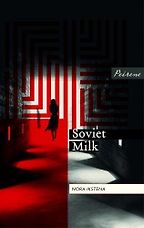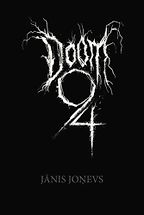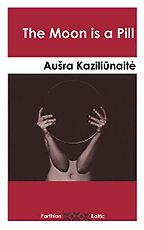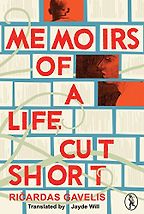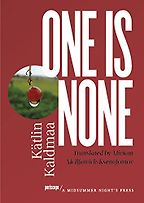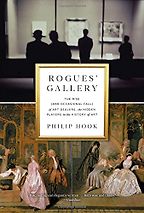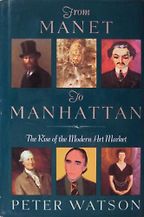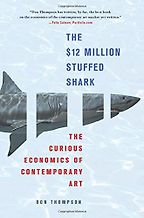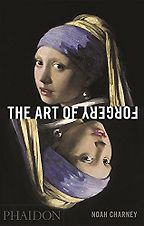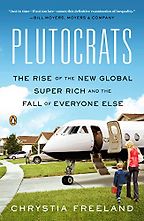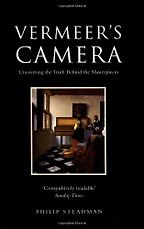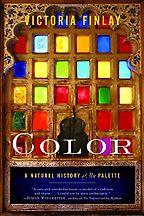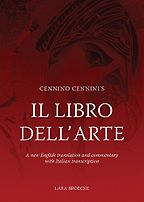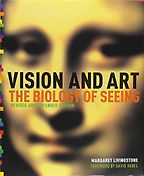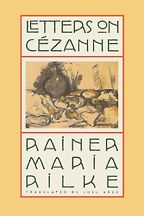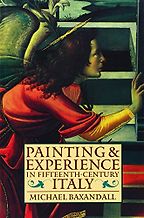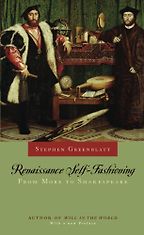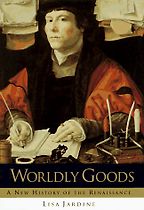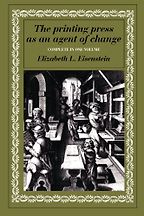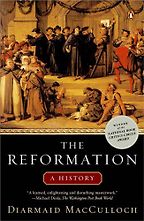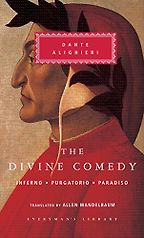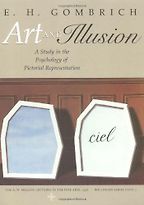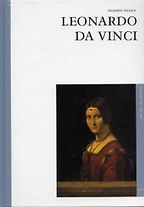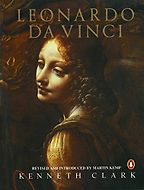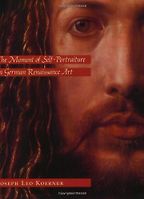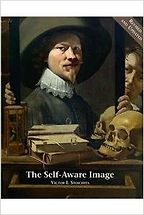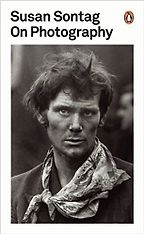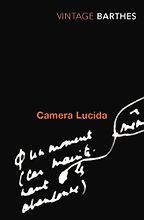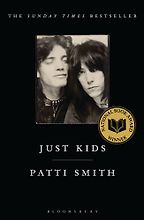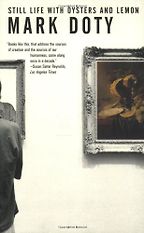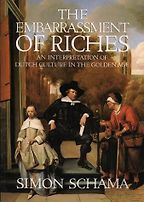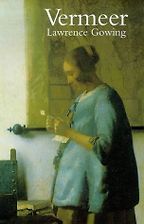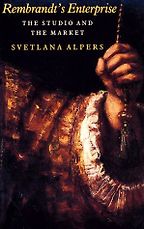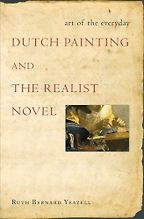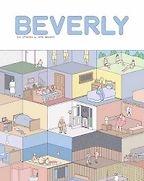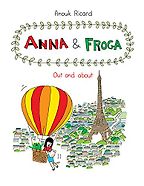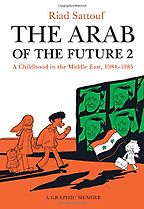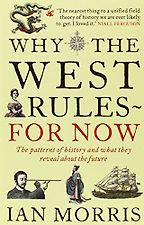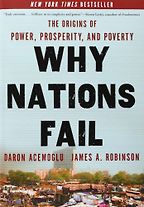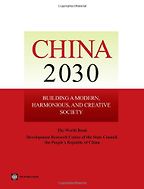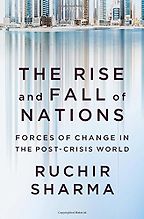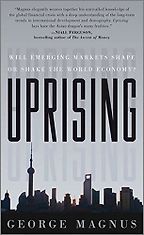Interviewer
Romas Viesulas
Interviews by Romas Viesulas
Best Baltic Literature, recommended by Jayde Will
A century ago, in 1918, the three Baltic states—Estonia, Latvia and Lithuania—became independent. A century on, we highlight five of the best works of Baltic literature recently translated into English. Baltic literature expert Jayde Will breaks each of them down, and introduces us to an area of the world with a vibrant literary culture too often overlooked.
The best books on The Art Market, recommended by Georgina Adam
Are the prices paid at auction for works of art a sign of the art world’s health? Or a warning of its imminent decline? Journalist and art market observer Georgina Adam discusses five books that cast light on an often shadowy market.
The best books on Vermeer and Studio Method, recommended by Jane Jelley
Painting is not what it used to be. With materials and photography close to hand, it’s easy to forget the sheer labour involved in producing an Old Master canvas. What does studio method – the making of masterpieces – tell us about artistic genius, then and now? Painter Jane Jelley considers the question using Johannes Vermeer as her starting point.
-

1
Painting and Experience in Fifteenth-Century Italy
by Michael Baxandall -

2
Renaissance Self-Fashioning: From More to Shakespeare
by Stephen Greenblatt -

3
Worldly Goods: A New History of the Renaissance
by Lisa Jardine -

4
The Printing Press as an Agent of Change
by Elizabeth L Eisenstein -

5
The Reformation
by Diarmaid MacCulloch
The best books on The Renaissance, recommended by Jerry Brotton
The best books on The Renaissance, recommended by Jerry Brotton
A century-and-a-half ago the Swiss art historian, Jacob Burckhardt, popularized the idea of a ‘Renaissance’ in 14th century Italy. For most people, the term still conjures up works of art by the likes of Michelangelo or Leonardo. But there is much, much more to it than that. Professor of Renaissance studies, Jerry Brotton, picks the best books to read for a more complete understanding of the Renaissance.
-

1
The Divine Comedy: Inferno, Purgatorio, Paradiso
by Dante Alighieri -

2
Art and Illusion: A Study in the Psychology of Pictorial Representation
by E.H. Gombrich -

3
Leonardo da Vinci: i documenti e le testimonianze contemporanee
by Edoardo Villata -

4
The Literary Works of Leonardo da Vinci
by Jean Paul Richter -

5
Leonardo da Vinci
by Kenneth Clark
The best books on Leonardo da Vinci, recommended by Martin Kemp
The best books on Leonardo da Vinci, recommended by Martin Kemp
Every generation has its own Leonardo, and for many he remains a man of mystery. Martin Kemp, Emeritus Professor in Art History at Oxford and the author of Mona Lisa: The People and the Painting, helps us identify the non-mythical Leonardo. What might Leonardo be doing were he alive today, in our own digital age?
The best books on The Lives of Artists, recommended by Maria Loh
We live in an age obsessed with self-image. Technology has made the ‘selfie’ a ubiquitous form of social currency. Renaissance means may have been very different, but celebrity artists in Medici Florence dealt with many of the issues relating to identity and authorship that we grapple with today. Maria Loh, author of Still Lives: Death, Desire, and the Portrait of the Old Master, talks to Five Books about the curated self.
-

1
Still Life with Oysters and Lemon: On Objects and Intimacy
by Mark Doty -

2
The Embarrassment of Riches: An Interpretation of Dutch Culture in the Golden Age
by Simon Schama -

3
Vermeer
by Lawrence Gowing -

4
Rembrandt's Enterprise: The Studio and the Market
by Svetlana Alpers -

5
Art of the Everyday: Dutch Painting and the Realist Novel
by Ruth Bernard Yeazell
The best books on The Dutch Masters, recommended by Adam Eaker
The best books on The Dutch Masters, recommended by Adam Eaker
The past may be a foreign country, but the world portrayed in the art of the Dutch Masters is not so very far from our own, says Adam Eaker of the Metropolitan Museum of Art in New York. For a society that struggles with materialism and consumption, there are a lot of lessons to be learnt from the 17th century Golden Age.
Best Comics of 2016, recommended by Hillary Chute
Comics of all kinds are flourishing with publishers rushing to meet market demand. But which of the many comics published this year are really worth having on your bookshelf? We turned to comics expert and Harvard professor Hillary Chute to select the best comics of 2016.
-

1
Why The West Rules - For Now: The Patterns of History and what they reveal about the Future
by Ian Morris -

2
Why Nations Fail
by Daron Acemoglu & James Robinson -

3
China 2030: Building a Modern, Harmonious, and Creative Society
by Development Research Center of the State Council & World Bank -

4
The Rise and Fall of Nations: Forces of Change in the Post-Crisis World
by Ruchir Sharma -

5
Uprising: Will Emerging Markets Shape or Shake the World Economy?
by George Magnus
The best books on Emerging Markets, recommended by George Magnus
The best books on Emerging Markets, recommended by George Magnus
What determines whether a country goes backwards or forwards? Why have so few developing countries joined the ranks of rich nations? George Magnus, former chief economist of UBS, chooses books to help us reflect on what it is that societies need in order to be successful.
